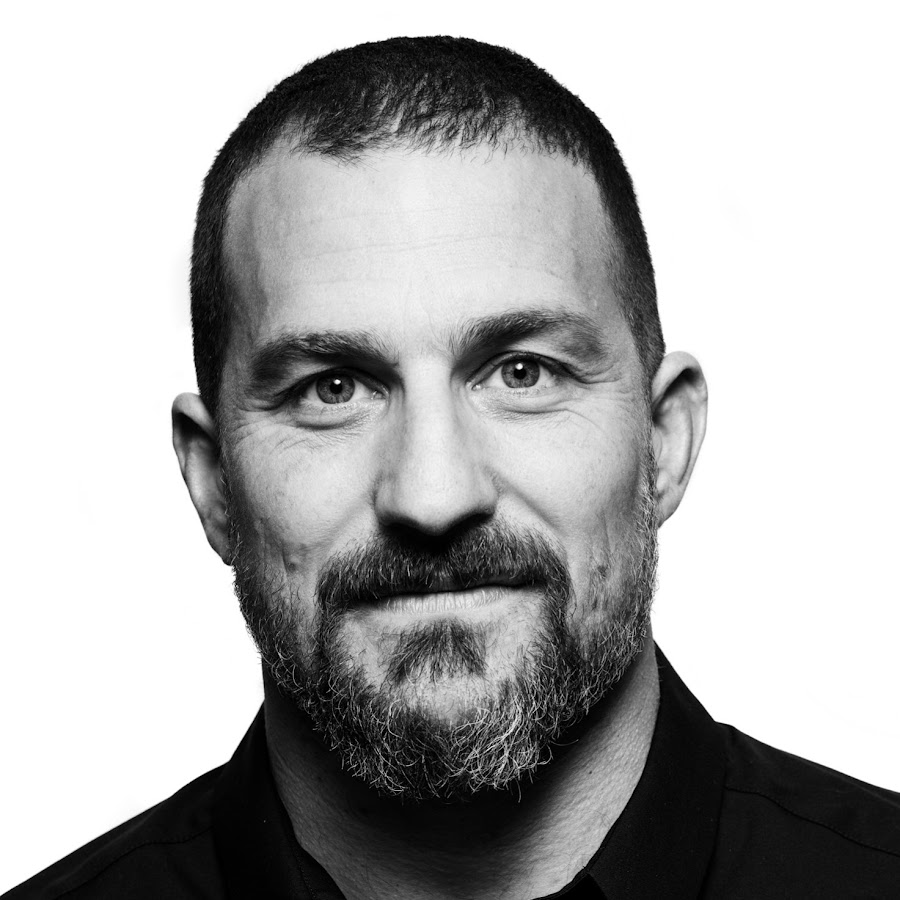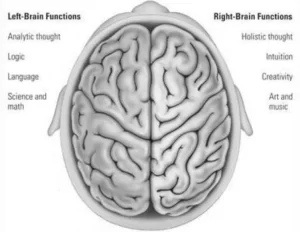According to neuroscientist Dr. Andrew Huberman
Sleep is as important as diet and exercise.
Good sleep helps to improve our performance and mood. In this article, I am going to explain how to get maximum energy throughout the day and then later get a better quality sleep.
Trick
A good quality sleep will work as a booster to have maximum energy throughout the day.
Nowadays, I watch and read a lot of material about Dr. Andrew Huberman. Here is his YT channel, where he goes in-depth to explain how our brain, behavior, organs, and overall bodywork work.
Who is Dr. Andrew Huberman?
Andrew David Huberman is an American neuroscientist.
He is an associate professor of neurobiology and ophthalmology at Stanford University School of Medicine.
He also hosts the Huberman Lab podcast.
Recently, I completed my usual 30+ day challenge by following Dr. Huberman’s morning routine. The article is in process. I was researching, and this topic popped into my mind: how to boost our energy level.
It’s important to have maximum energy levels throughout the day, and that’s the only way to function at your best.
Here are a couple of things you can do to boost your energy levels and also get quality sleep.
The activity will help you to work immediately.
I did my 30+ day experiment by following his routine, and if it can work for me, it will work for you.
All you have to do is take action.
Here is the ONE-morning routine that is going to help you even if you don’t follow the complete morning routine of Andrew Huberman.
Dr. Andrew Huberman woke up around 5:30 AM each morning. Instead of waking up at the exact time, he says something between 5:30 and 6:30 AM.
I will write a detailed article on his morning routine, but the following thing is pretty straightforward.
Get exposure to natural light as soon as you are up, preferably in the first hour after waking up.
It will help your body’s internal clock and improve your overall mood.
The best thing is that it will help you boost your energy level instantly.
As soon as you are up, look at the sun.
Don’t look directly at the sunlight if it’s shining too much; I live in a cold environment, and it’s pretty rare to get sunshine in the winter; in that case, Dr. Huberman prefers to look at it for a longer time.
Photons in your eyes.
As I said earlier, if it’s a clear day, you don’t need to stare directly at the sun.
It might harm your eyes.
While looking at the sun (if it’s bright, look in a sideway), it’s absolutely fine to blink. Dr. Huberman encourages you to bink and be comfortable.
If you wear glasses for this morning routine, the best practice is not to wear them while looking at the sun.
I repeat, don’t look if it’s too bright.
However, if you don’t feel comfortable, it’s absolutely fine to wear eyeglasses or contact lenses.
Some eyeglasses and protective lenses have UV glasses, but according to Dr. Huberman, that’s fine.
The ideal time is to go out in the first 5–15 minutes.
There are so many different wavelengths of light coming from the sun, and they are bright enough that they will trigger the mechanisms that you want to be triggered at this early time of day.
Why?
It’s embedded in the core of our physiology.
Many research articles show that light viewing early in the day is the most powerful stimulus for wakefulness throughout the day.
It has a powerful, positive impact on your ability to fall and stay asleep at night.
This is the foundational power tool for ensuring a great night’s sleep.
It’s also a powerful tool, making me feel more awake during the day.
Does turning on artificial lights replace sunlight at those hours? Unfortunately, the answer is no.
No artificial light is going to replace the importance of sunlight unless you have a very special light; the artificial lights at home are not enough to turn on the cortisol and the other wake-up mechanisms to wake you up.
Stay away
Artificial lights and phone lights are enough to disrupt your sleep, tho, especially when you look at them at night.
So there’s this asymmetry in our retinal, our eye biology and in our brain’s biology whereby early in the day, right around waking, you need a lot of light, a lot of photons, a lot of light energy and artificial lights generally just won’t accomplish what you need them to accomplish.
Dr. Huberman suggests turning off as many lights as possible when you wake up before sunrise.
He strongly recommends going outside, especially on a cloudy day. It would be best if you got more of it.
How much light do you need per day?
It will vary depending on the person and place.
Where you live on earth
Whether or not there’s a lot of tree cover
Whether or not you’re somebody who has sensitive or less sensitive eyes.
In general, on a clear day, meaning no cloud cover, you want to get sunlight exposure to your eyes for about five minutes.
It could be 3 minutes one day and 7 minutes the day.
On a day with cloud cover, so the sun is just peeking through the clouds, or it’s more dense cloud cover, you want to get about 10 minutes of sunlight exposure.
And on densely overcast or rainy days, you will want to get as much as 20–30 minutes of sunlight exposure.
Key reminder
Do not get this sunlight exposure through the windshield of a car or a window, whether or not it’s tinted or otherwise.




